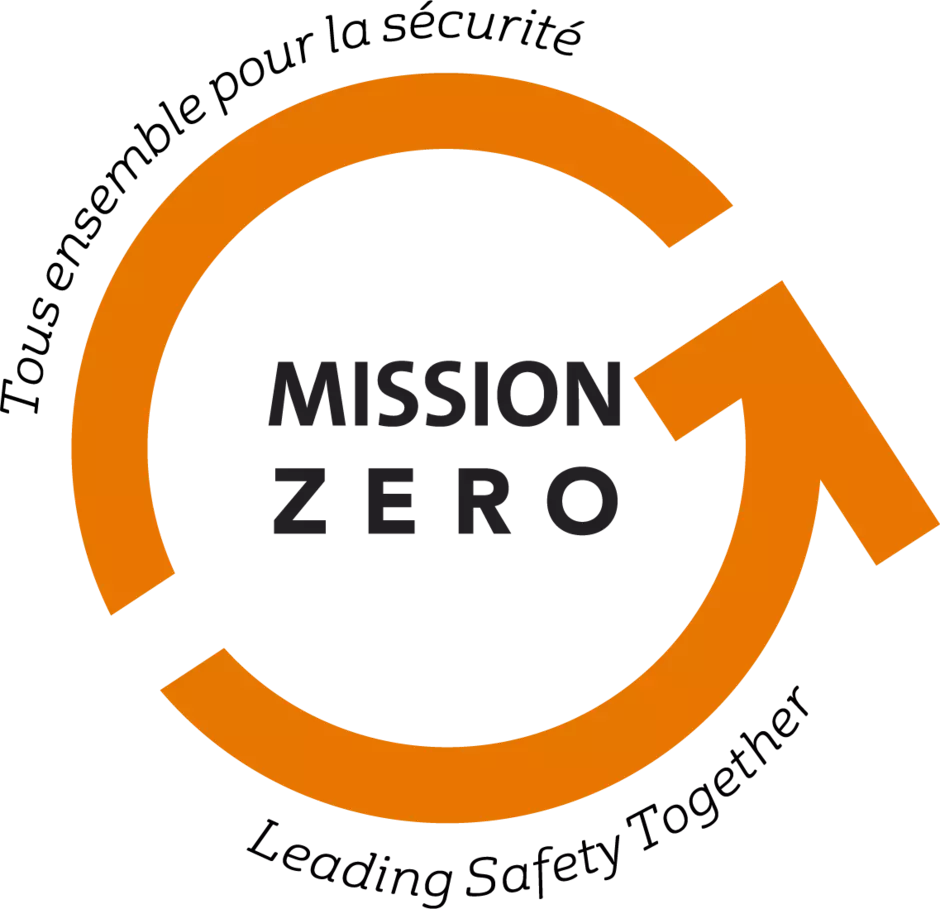Mission Zero
Veolia places great importance and emphasis on the health & safety of our employees, customers and the communities in which we conduct business. Our Mission Zero vision is part of our continual improvement philosophy regarding worker and workplace safety.
Quite simply, we invest enormous amounts of time and resources to ensure our employees receive the necessary training and tools for success to perform their daily activities in a safe and compliant manner. We operate in strict compliance with all rules, regulations, and laws to meet and then exceed our commitments.
Leading Safety Together
At Veolia, we lead safety together, making safe behaviors and work practices a core value of everything we do, from task conception to completion. Throughout the organization, we are all called to be safety leaders – leading by example at all times. For instance:
- 13 of our sites are VPP Star-Certified, a mindset that drives management involvement, employee participation, and continual improvement.
- Veolia employees may only perform work for which they have the required training and authorization, and in turn, have assessed the task for hazards, risks, and necessary safeguards.
- Every Veolia employee has the authority (given directly by our President & CEO) and the obligation to correct and/or report all unsafe situations, acts, or conditions observed in the workplace - up to and including STOPPING a job when necessary.
- Routine safety audits and inspections are conducted by Environmental Health & Safety professionals as well as supervisors, managers and other safety leaders.

These are just a few of the reasons why companies, governments, healthcare organizations and communities view us as a trusted partner for safe, compliant, secure and reliable work on issues as diverse as the international program that destroyed Syrian chemical weapons and associated wastes, to the U.S. response to the destruction of Ebola-contaminated materials.


